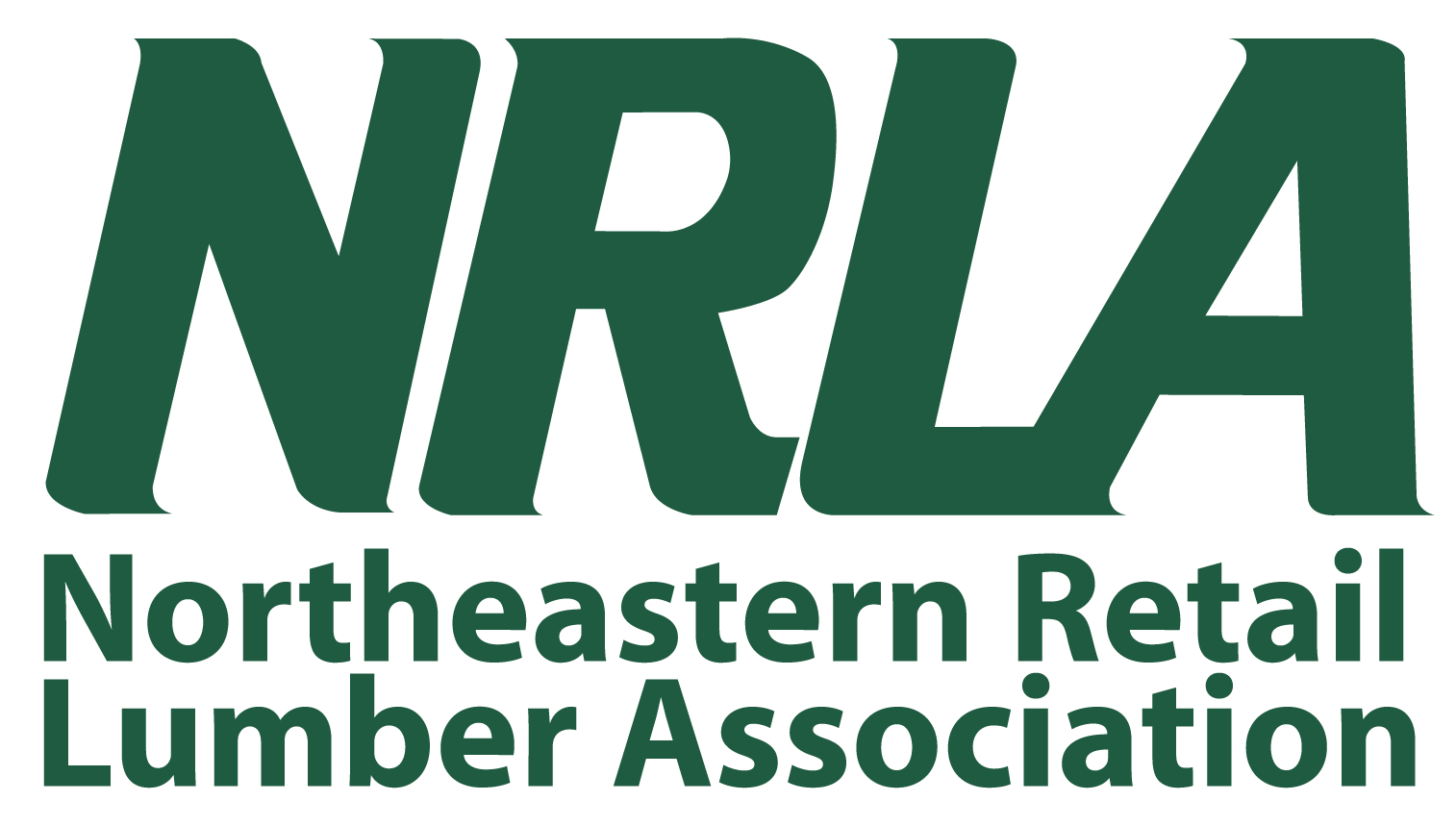Workforce Development
A growing gap between employer needs and employee skills, that has only been exasperated by COVID-19, must be addressed. Small businesses in the trades face increasing difficulty hiring and retaining good workers. A career in the trades can be both financially and professionally rewarding. It is critical to create and support programs that will allow students and young adults with an opportunity to recognize the potential for a future in the trades.
During the pandemic and even now, many of our VRLDA members find it increasingly difficult to fill open positions that are critical to meet the demand for building supplies and materials. To address the worker shortfall, the state should invest in recruiting, developing, training, and incentivizing the youth to fill skilled labor positions. The jobs and career paths in the lumber and building materials industry are wide-reaching.
As the working population in the building materials industry continues to age, this challenge will only become more difficult in the coming years. Identifying and developing a workforce to meet the demand for these positions is critical to ensuring that small businesses continue to operate in local communities across Vermont.
HOUSE & SENATE ACTION REQUESTED: Increase investment in workforce development in the form of technical education in high schools, work-based learning opportunities, money for students to enroll in apprenticeship programs, and to help ensure a strong pipeline of quality workers for well-paying and in-demand jobs in the trades.
Increasing Amount That Can Be Sought in Small Claims Court
Over the last decade, small businesses in Vermont, especially in the lumber and building materials (LBM) industry, have seen prices skyrocket. This can sometimes lead to our customers being unable to pay for materials as they wait for payment on their contract on a house or building. This can lead to a heavy debt being built up, often $8-10,000, that is sometimes left unpaid for many months, which puts a strain on LBM businesses. Since this amount is above the current small claims cap of $5,000, which was raised from $3,500 about 15 years ago, it could cost a business $10,000 to try to collect the money owed by a client in court, which is not worth it. Paying out the amount you recover in court is not recovering at all. By increasing the amount of money that can be sought in small claims court from $5,000 to $10,000, you would be helping Vermont small businesses recoup the money they are owed without having to resort to paying for a lawyer to sue in court.
SENATE & HOUSE ACTION REQUESTED: Support legislation that would increase the amount that can be sought in small claims court from $5,000 to $10,000.
Municipal Overweight Permitting
Currently, our members need to obtain multiple municipal permits in Vermont to operate their delivery vehicles, as most town roads are rated for 24,000 pound maximum. This means if you have a delivery truck anywhere other than the interstate, state highways, or class 1 Town Highways you need a permit from each municipality you need to drive through. It generally costs $5 for a single trip, or $10 for your whole fleet for the whole year.
Maintaining the appropriate municipal permits can and will save our members thousands of dollars in potential fines. For example, an 80,000-pound vehicle on a 24,000-pound road will receive a ticket in excess of $4,300 before significant judicial bureau fees are added. Our membership works diligently to obtain the necessary permits and respect the need to protect the infrastructure of municipalities across the State. The burden is not the permit but rather the process of acquiring multiple permits for different localities.
A streamlined and centralized online permitting system through the Agency of Transportation would relieve this onerous administrative responsibility of attaining permits each year for our membership. This proposed online system would also provide law enforcement with an easily accessible list of compliant fleets.
SENATE & HOUSE ACTION REQUESTED: Consider the concept of creating a centralized, online permitting system for required weight and length permits issued by the Agency of Transportation that also includes a one-stop-shop, municipal overweight permit system. Previously, the legislature has reviewed a model where the Department of Motor Vehicles would develop online permitting for state truck permits and determine the feasibility of adding municipal truck permits to that online system. We suggest revisiting this model.

